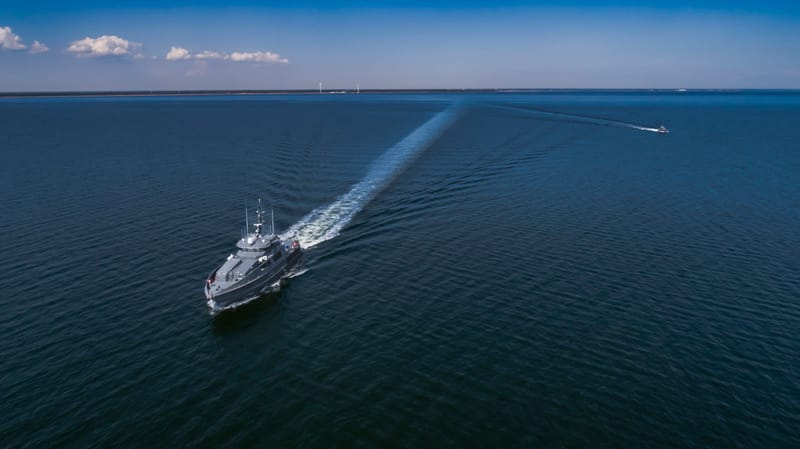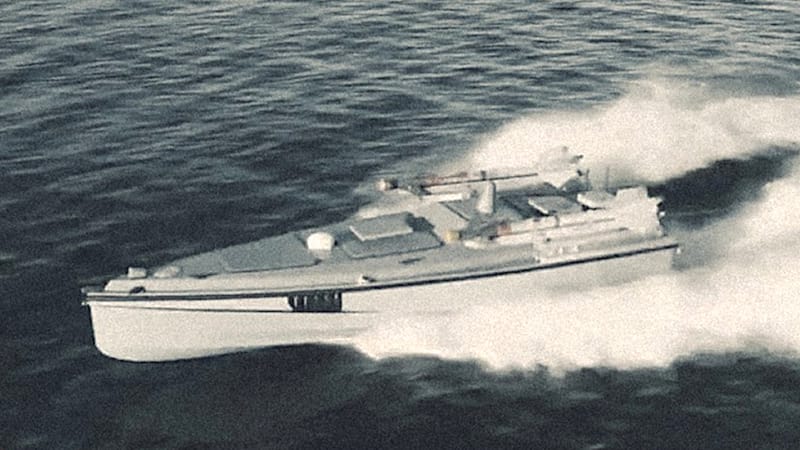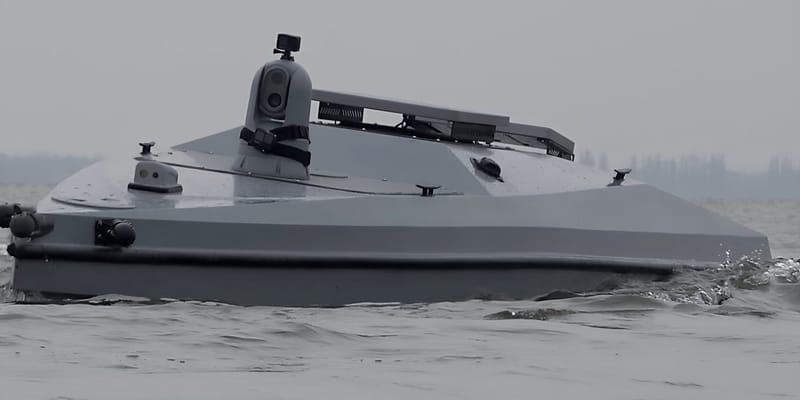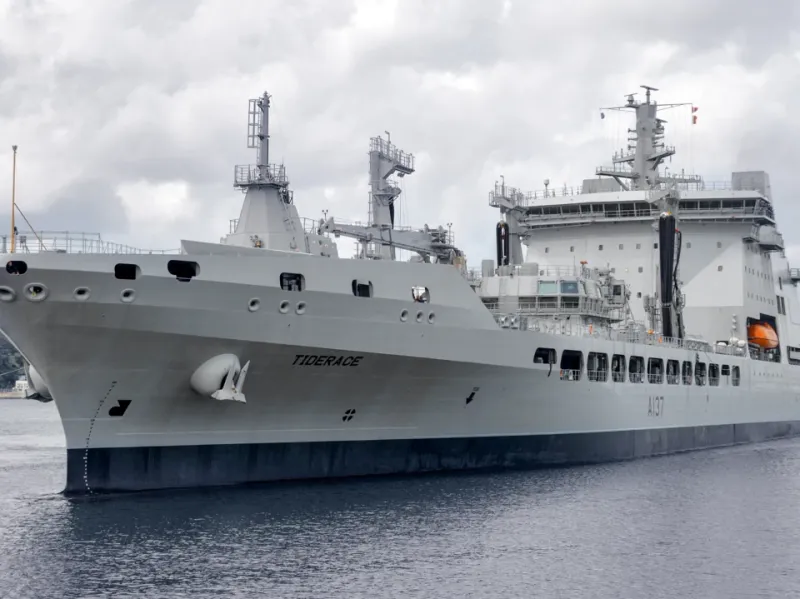Kpler Finalizes $241 Million Purchase of Spire Global’s Maritime Business, Re-Charting the Vessel-Intelligence Market
The deal structure reveals sophisticated market positioning, with Kpler committing $233.5 million in direct payment and allocating $7.5 million for continued service provision by Spire Global through 2025.

Deal Closure and Immediate Financial Impact
Kpler, the Brussels-based commodity-and-shipping analytics company, officially closed its $241 million acquisition of Spire Global’s commercial maritime division on 25 April 2025. The consideration is split between $233.5 million in cashand a $7.5 million, 12-month transition-services agreement that keeps Spire’s satellite constellation delivering raw AIS data to its former unit through April 2026. Spire used the proceeds to retire all outstanding debt, leaving the company debt-free for the first time since its 2021 NYSE listing. Spire Global, Inc.Kpler
At roughly 5.8 × trailing-12-month revenue the multiple matches the top end of recent Earth-observation transactions and underscores how indispensable high-fidelity vessel data has become for both commercial logistics and government security operations. Spire Global, Inc.
Regulatory Snapshot
The UK Competition & Markets Authority (CMA) launched a Phase 1 review on the day of closing, instructing the companies to operate on a “hold-separate” basis pending its findings—a sign that antitrust watchdogs are paying close attention as the handful of global maritime-data providers consolidate. The Maritime Executive
Strategic Rationale
| Buyer — Kpler | Seller — Spire Global |
|---|---|
| • Integrates a live, space-based AIS feed with Kpler’s commodity-flow and freight-rate models, giving clients real-time visibility from cargo origin to final discharge. | • Divests a lower-margin line to concentrate on higher-growth businesses: RF signal geolocation, AI-driven weather forecasting and space-as-a-service projects. |
| • Strengthens competitive stance against peers such as Windward and Pole Star by combining cargo analytics with first-party sensor data. | • Proceeds eliminate debt, freeing cash for new satellite launches and partnerships (e.g., the four-satellite RF mission announced with Sierra Nevada Corporation). Spire : Global Data and Analytics |
Market Context: Consolidation and Capital Flows
- Private-equity momentum: In March 2025 FTV Capital took maritime-AI pioneer Windward private, continuing a wave of financial-sponsor interest in domain-specific data assets. Windward
- Public funding tailwinds: The European Space Agency’s €44.22 million “Boost!” infusion into four launch start-ups is indicative of government appetite for sovereign Earth-observation capacity that ultimately feeds commercial maritime-awareness products. European Space Agency
Operational Drivers: Red Sea and South-China-Sea Flashpoints
- Attack-related insurance premiums and rerouting costs have cut Suez Canal container traffic by about 60 %since late 2023, elevating demand for “dark vessel” detection and predictive voyage analytics. WSJ
- U.S. reconnaissance flights staged from Philippine bases accounted for nearly 30 % of all U.S. South-China-Sea sorties in 2024, reflecting the premium governments place on real-time maritime domain awareness. Pekingnology
Technology Transfer and Service Continuity
Spire retains its 100-plus multipurpose nanosatellite constellation, ensuring seamless AIS data delivery to Kpler during the 12-month transition period and preserving capacity for its own weather and RF-data customers. Spire : Global Data and Analytics
Outlook
- Kpler is expected to layer the new data stream onto its existing freight-rate, storage, and commodity-flow models, offering an end-to-end view of global cargo movements.
- Spire—now debt-free—plans to increase its focus on government contracts and roll out AI-accelerated weather products such as AI-WX, which can run ensemble forecasts up to 1,000 × faster than traditional NWP methods. Spire : Global Data and Analytics
Bottom Line
The April 2025 closing does more than trade assets; it formally merges the once-separate worlds of satellite telemetry and commodity analytics. As geopolitical risk keeps shipping lanes in flux and regulators scrutinise data monopolies, integrated, space-enabled maritime intelligence is evolving from a “nice-to-have” to critical national-infrastructure status.
Related articles on grosswald.org:






